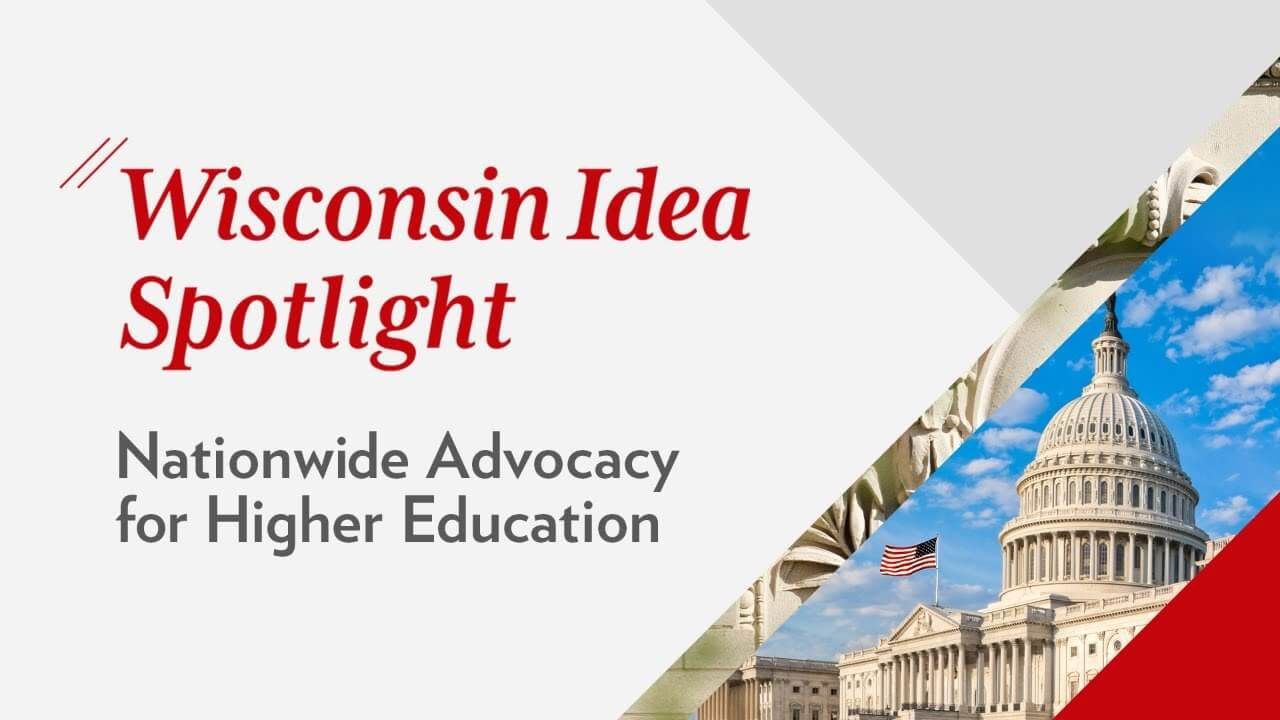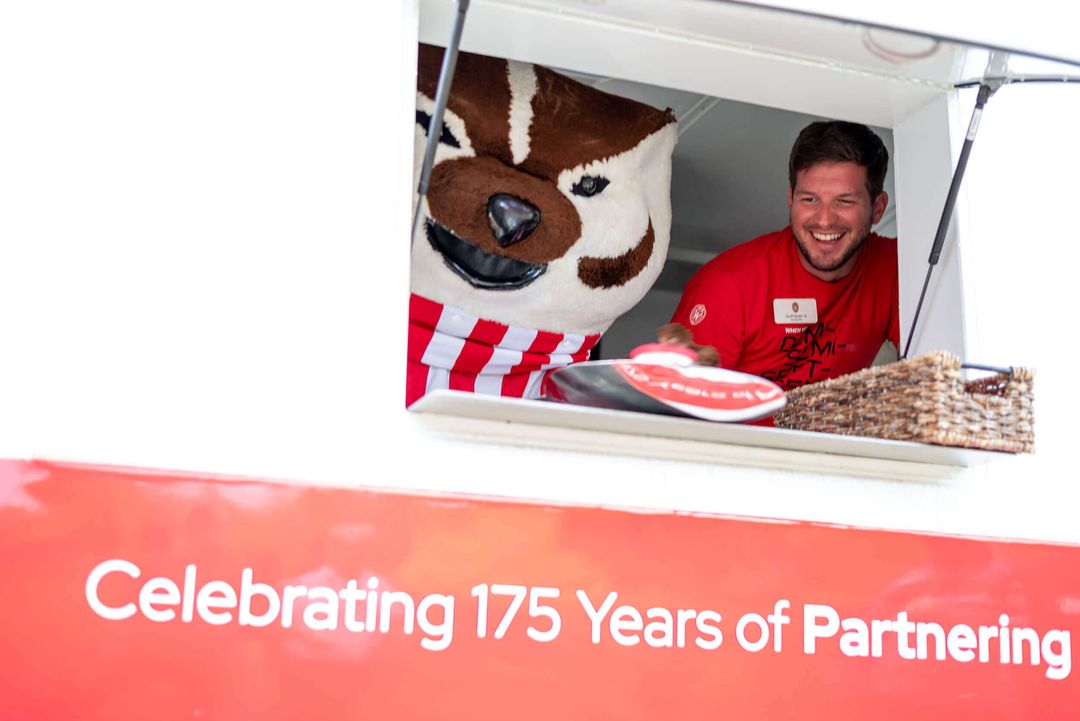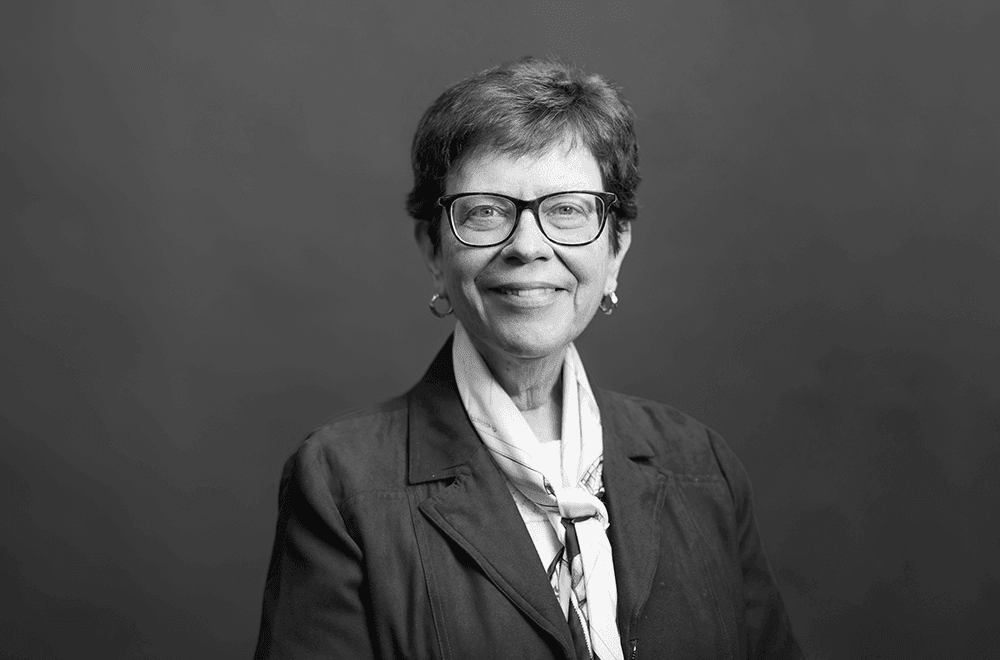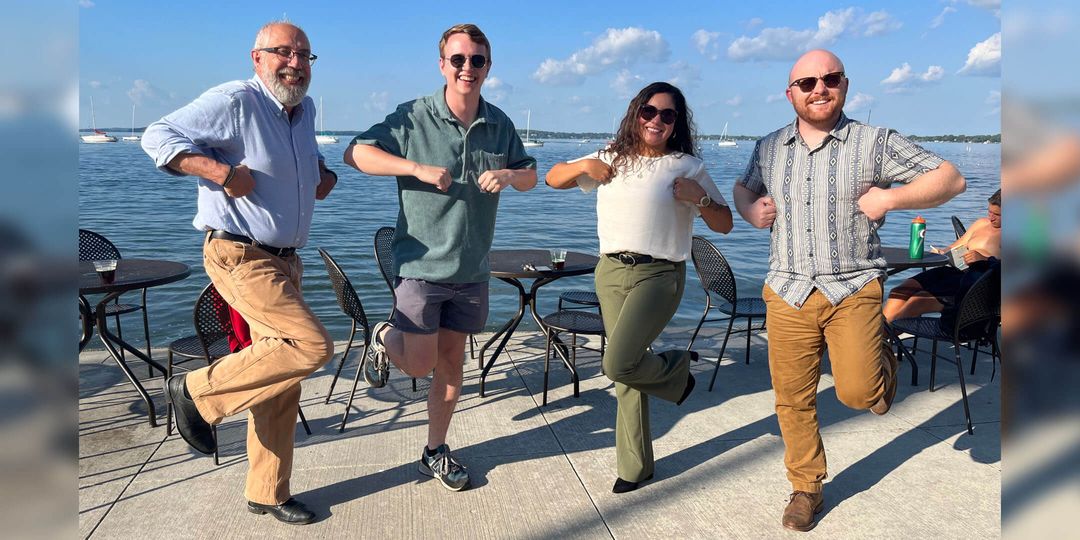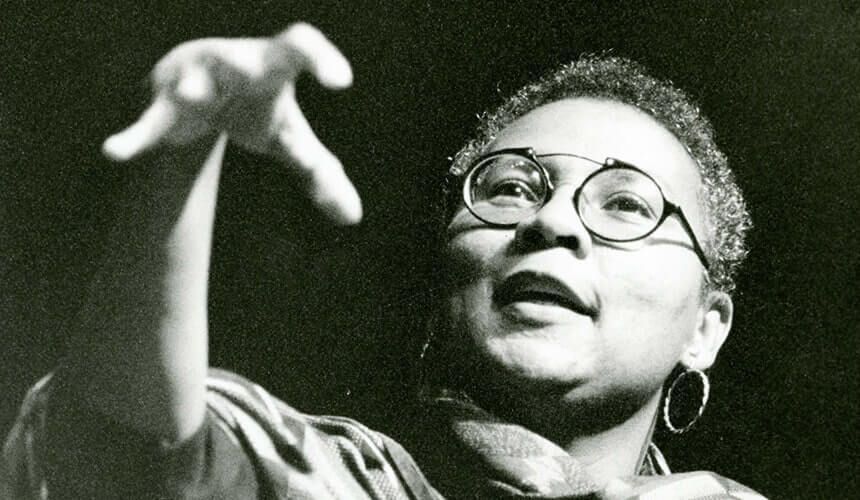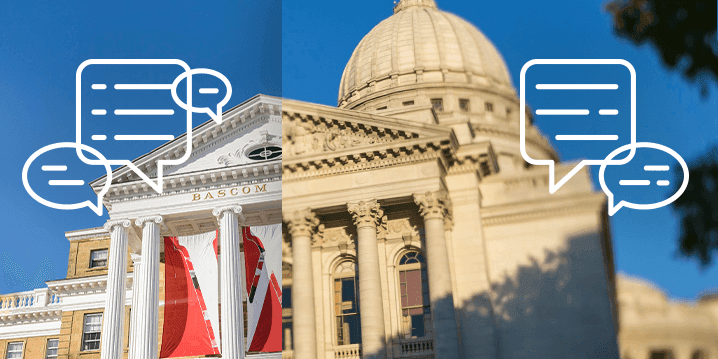MADISON, WI (May 14, 2021) — During a recent virtual event, alumni and supporters of UW–Madison were urged to contact their senators and representatives to support federal funding for higher education. “UW–Madison receives 30 percent of our funding from the federal government, the largest source of any source for the university,” says Mike Fahey, managing director for state and university relations at the Wisconsin Foundation and Alumni Association and a UW alum. “Our relationship and the work we do with the federal government is vital to the success of the university.”
Officials advocated for two key areas of federal dollars: greater research funding and increased Pell Grant awards. “In 1980, a Pell Grant covered 80 percent of the cost of attending a four-year public university, but today’s maximum grant of about $6,500 covers just 30 percent,” said Charlie Hoslet, vice chancellor for university relations at UW–Madison. “If we’re going to continue to grow our nation and our economy, we need to make sure all students who want to can afford to pursue higher education. We’re asking Congress to double the maximum Pell Grant award to about $13,000.”
In terms of research grants, two UW–Madison faculty members shared information on their vital work and how federal funds have a huge impact. Amaya Atucha, assistant professor in the Department of Horticulture, and a food crop extension specialist at UW–Madison, said the lack of federal dollars means the competition for those dollars is fierce. “Between 10 to 15 percent of the applications get funded and this means that we spend so much of our time writing these projects,” said Atucha. She added that much of her research helps Wisconsin growers improve production, which directly impacts the state’s economy.
Thomas Friedrich, associate professor in the Department of Pathobiological Sciences in the UW School of Veterinary Medicine, is on the forefront of studying COVID-19 and other emerging viruses. Friedrich explained that all of the funding for his lab comes from the federal government. Not only is the funding difficult to secure, there are also major limitations on how the funds are used. “More flexible funding would allow us to prepare for broader different kinds of pandemics that are difficult to predict in a forward-looking fashion,” said Friedrich. “Oftentimes, we’re reacting to the last outbreak rather than preparing for the next one.”
Two sitting members of Wisconsin’s congressional delegation, who are also UW alumni, also joined the conversation. Congressman Mark Pocan, a Democrat representing the Second Congressional District, is optimistic about additional funding for research and Pell Grants. “I have told Chancellor Blank on more than one occasion, the university is a great place to help bring in federal resources, there’s so many amazing programs,” said Pocan. Congressman Bryan Steil, a Republican representing Wisconsin’s First Congressional District agrees. “All members of Congress, as well as the greater American public, have a broader awareness and appreciation for the medical research done in the United States,” said Steil. He added, “I think there’s actually a lot of misunderstanding as to what a good value the University of Wisconsin–Madison and our UW campuses across the state.”
To view a recording of this virtual event, please visit:
Media Information
Contact: Tod Pritchard, tod.pritchard@supportuw.org, 608-609-5217, @WisAlumni
